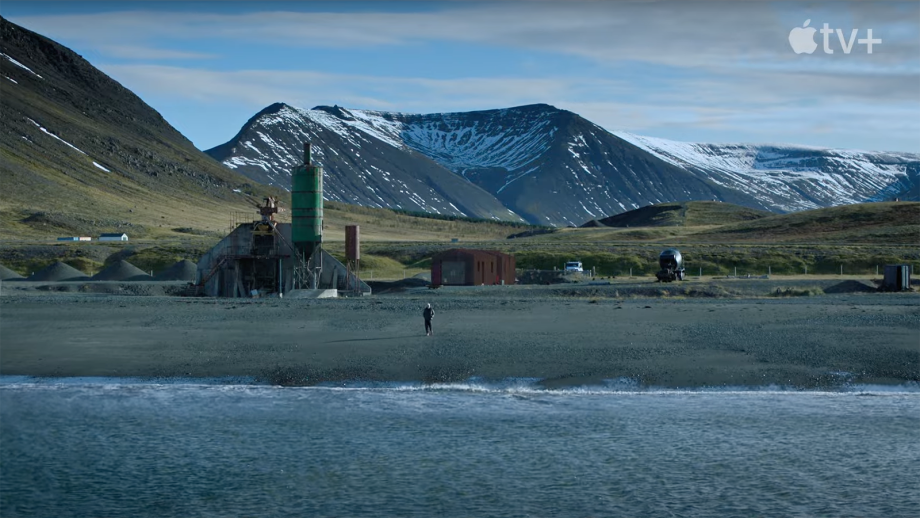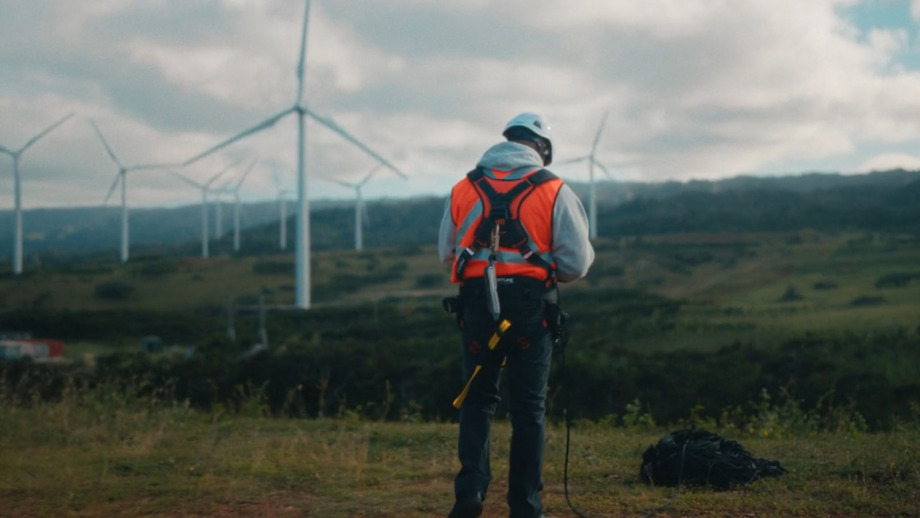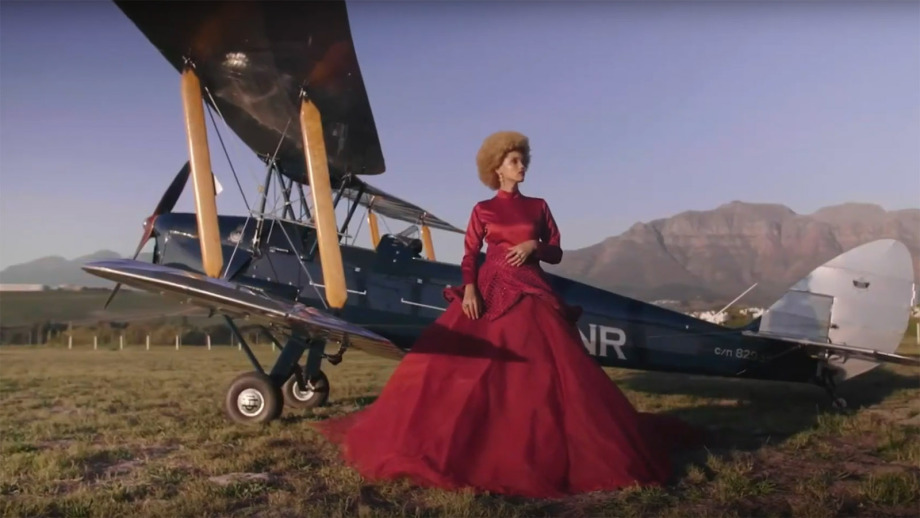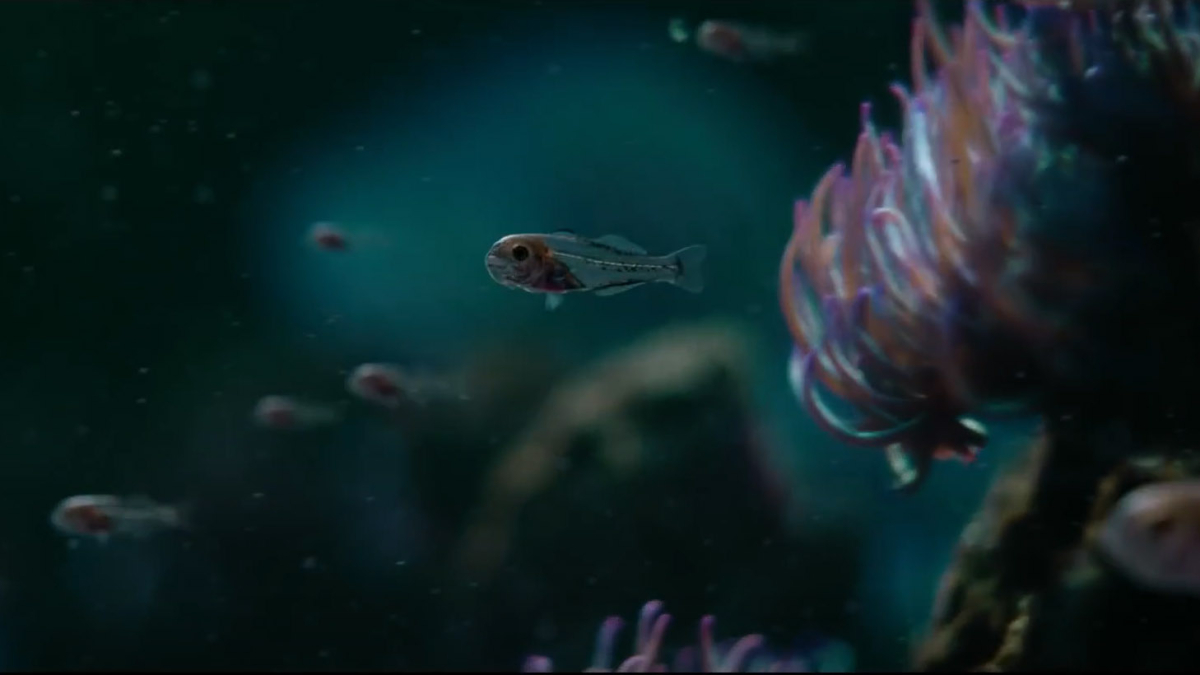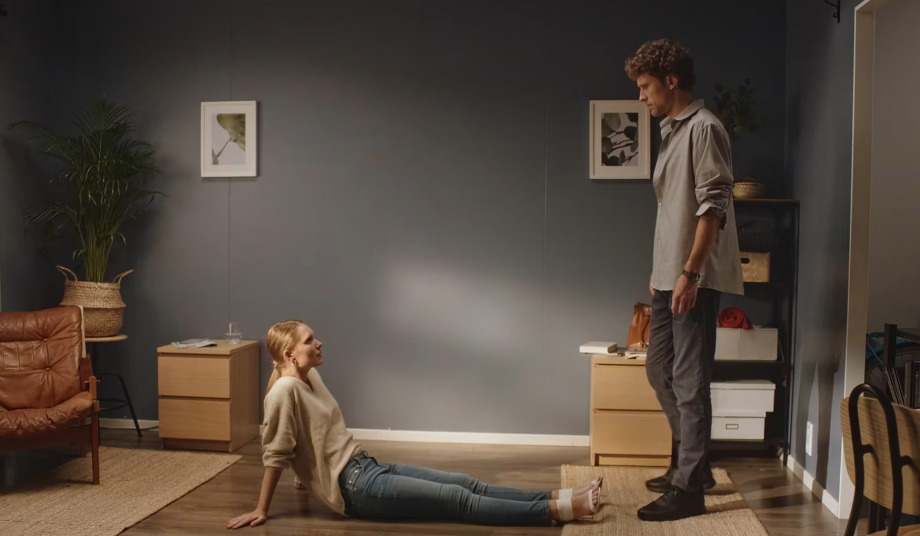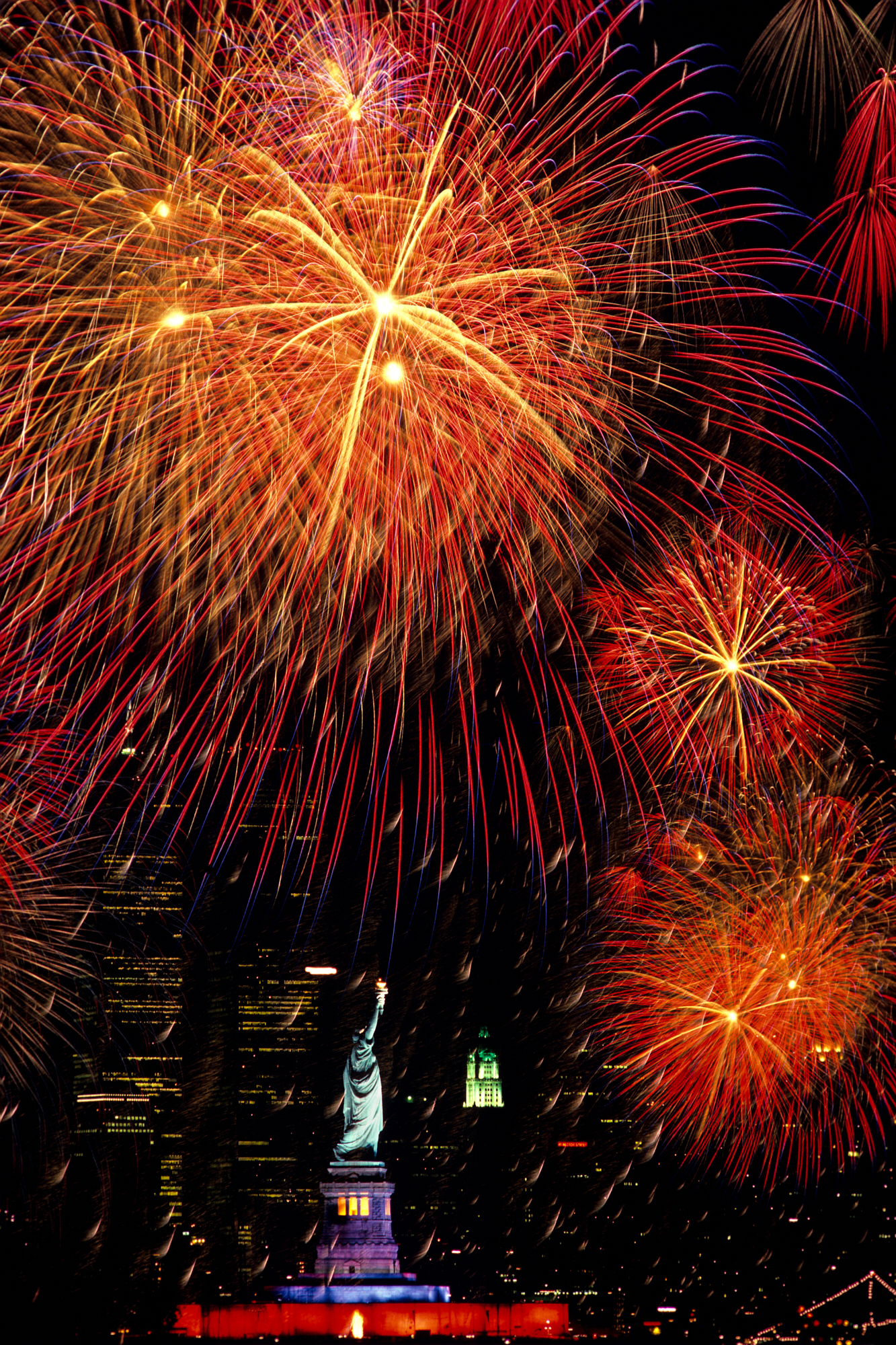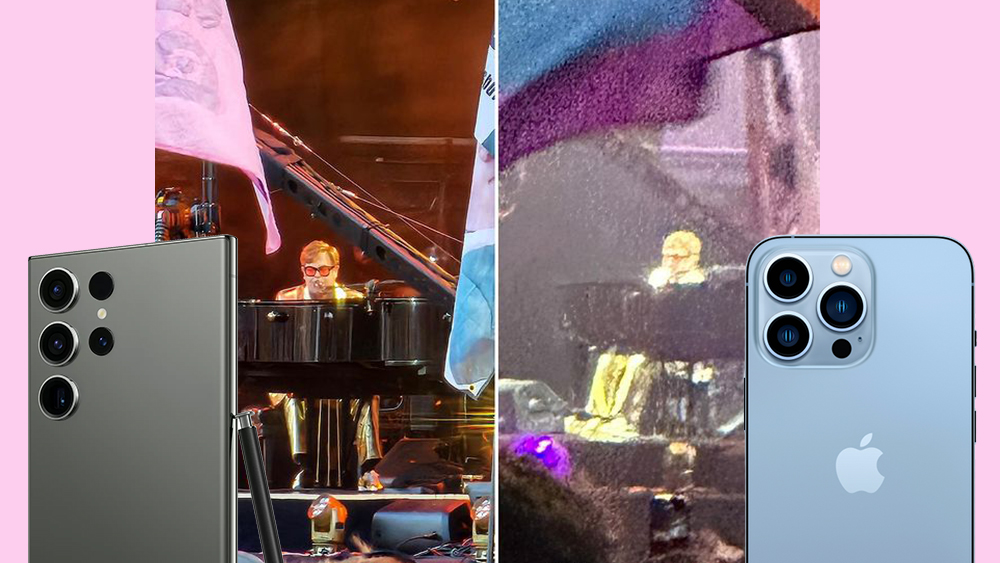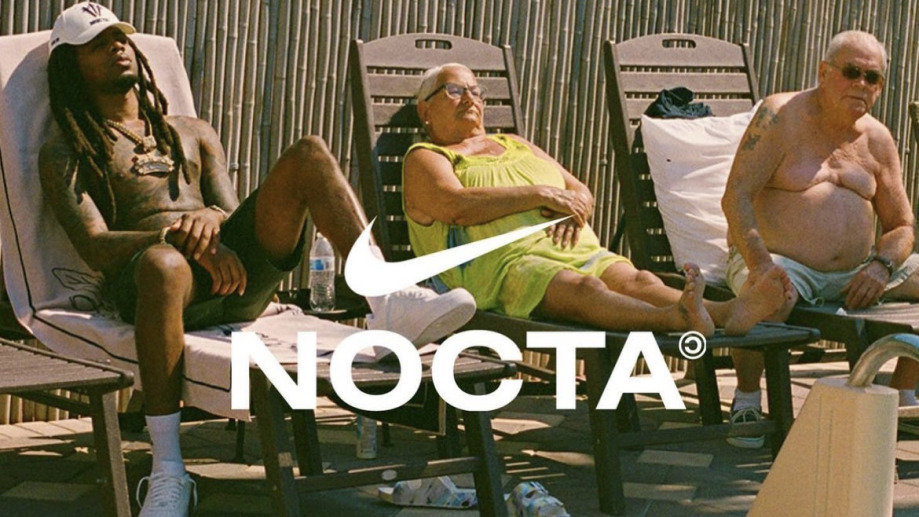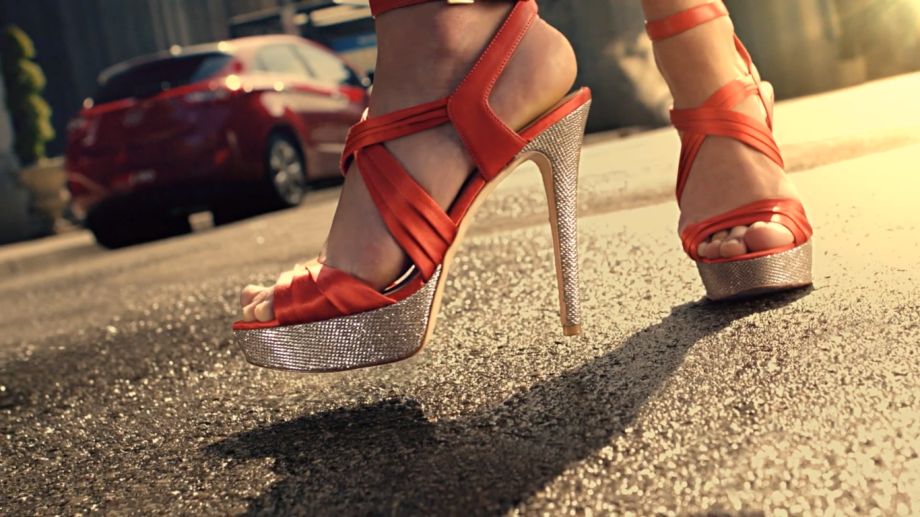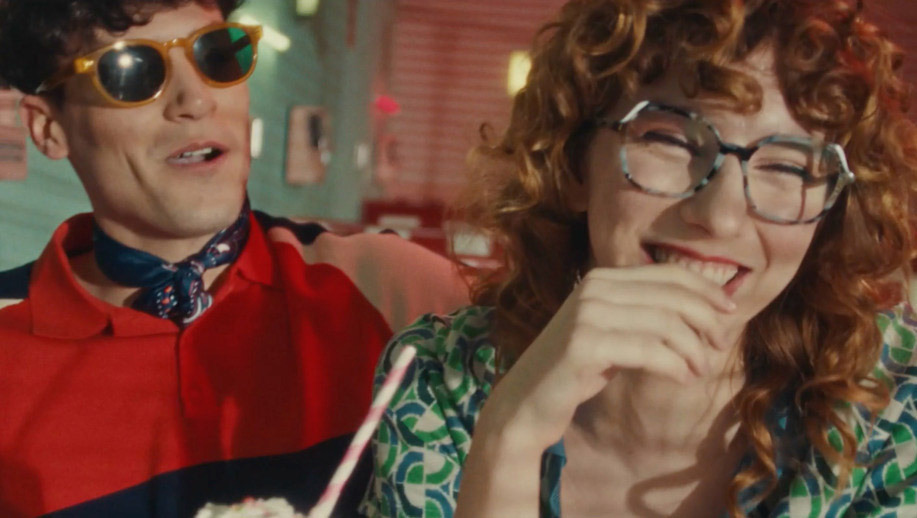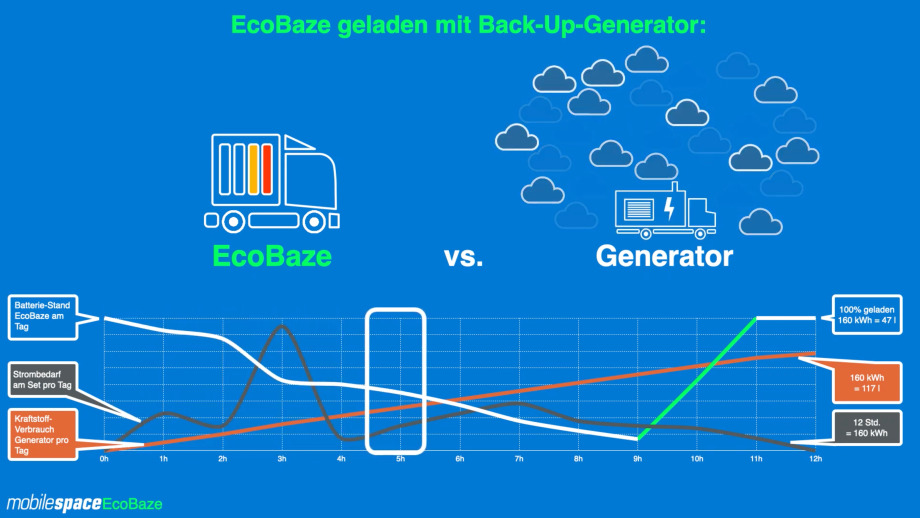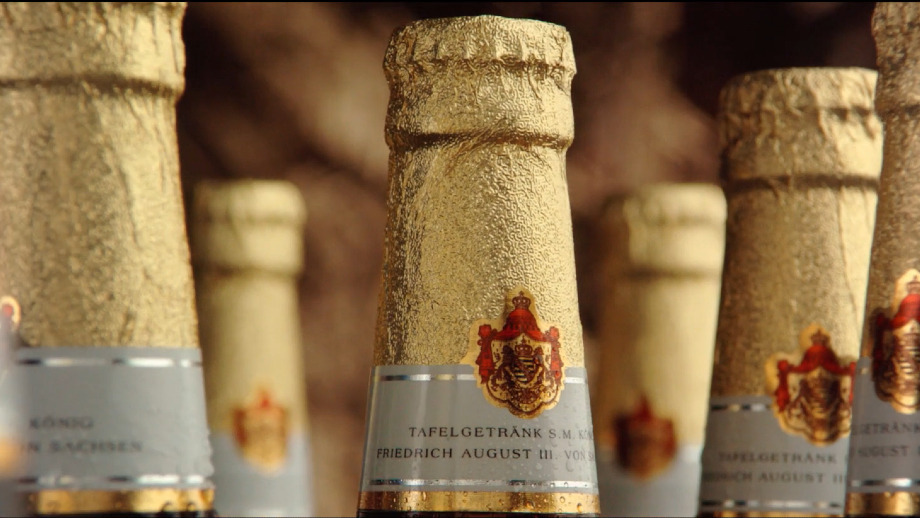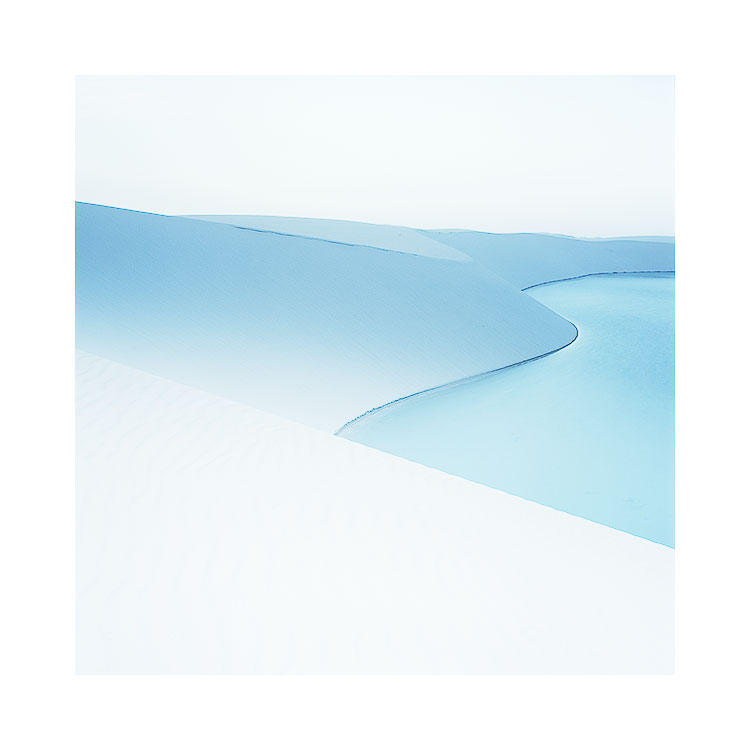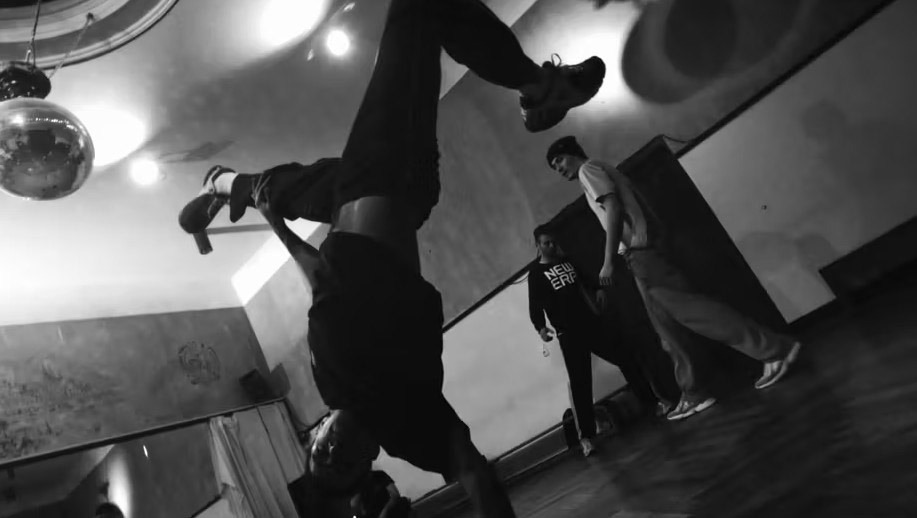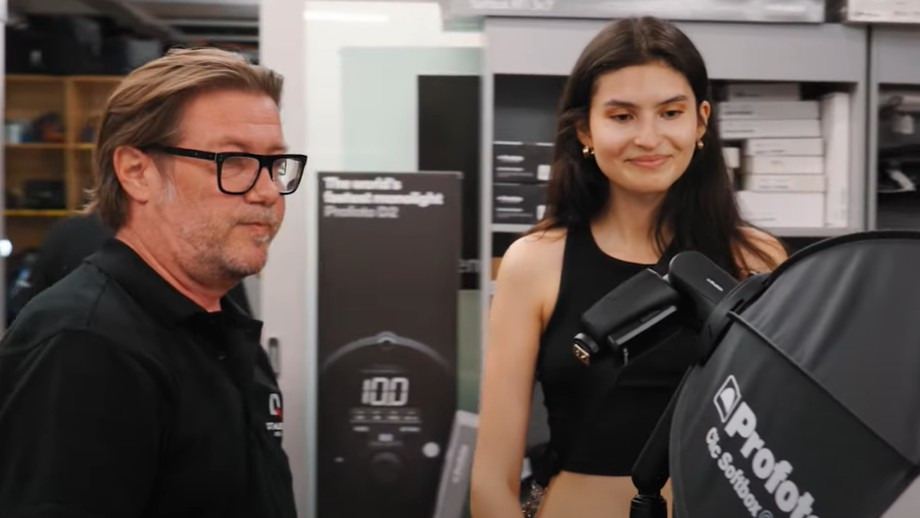Photographers

Kodak Portra Reciprocity Times
The Art of Adventure - Bruce PercyI’ve had trouble buying Fuji Velvia 50 for a year now. I am told that due to material shortages, Fuji cannot make enough of the stuff. An order I placed with Wex Photographic a year ago, is being honoured by a few packs of film every six months. It’s clear to me that Wex (and others) are simply dividing what they are being given and sending out the stock to all their customers, rather than honouring who ordered first.
When I was in Japan in January I managed to buy some Velvia. My guide in Japan has been on the hunt for me as well and has been lucky enough to find me some film that will keep me going for another year I suspect.
So I figured it’s time to look at different film stocks and try them out. I have a mass of Kodak Portra 160 sitting at home which I have used for portrait work in the past, and I’d like to see how I get on with the C41 process as well. So I think this is what I’m going to do.
So today I worked out what the reciprocity corrected times are for my most used shutter speeds when going long-exposure. I am hoping I got this right based on the graph below.

I think I will head out with the camera later this summer, to try this out. I will have to print this out and laminate it, as I do prefer to memorise these things, and work them out myself whilst in the field. Which is often something that participants on my workshops find funny, as they can often hear me counting and using my fingers to work out the adjustment based on the ND grad strength I’m using. I do not wish to use an App, because I would prefer to be in complete control, and the only way to do that, is to fully learn and become accustomed to the tools I use.
So here are the adjusted exposure times for Kodak’s Portra. Note that I always work on a 1-stop granularity basis. I never use half-stops or third-stops. In my view, I rarely need to work with anything finer than 1-stop differences. Besides, it makes for much easier computation if everything is either halved or doubled, and that goes for buying ND filters too.





